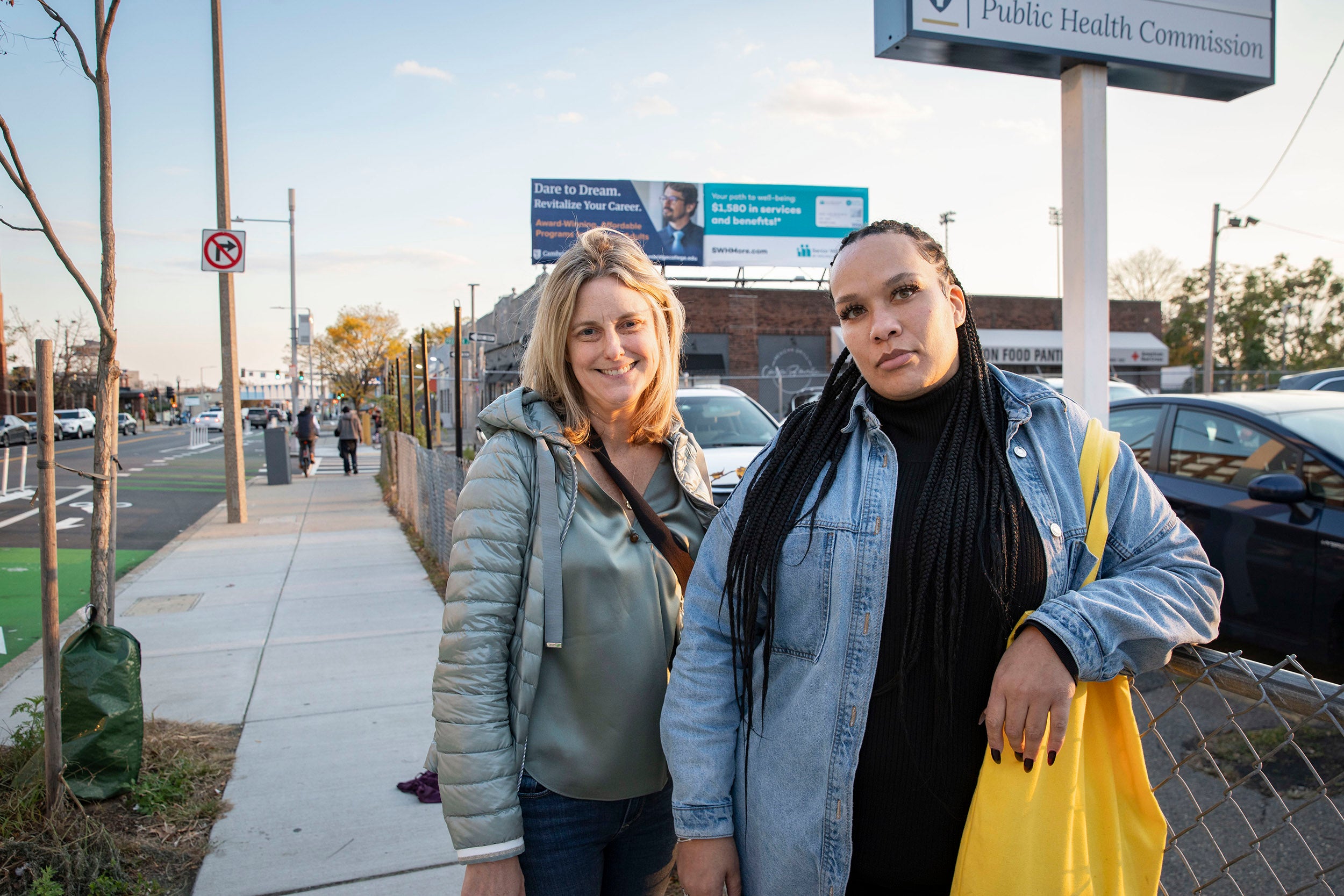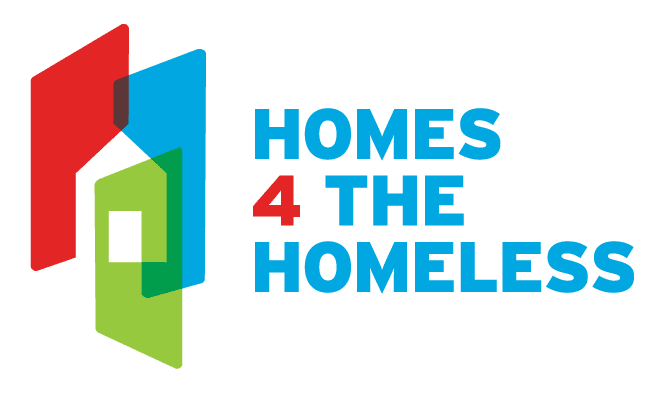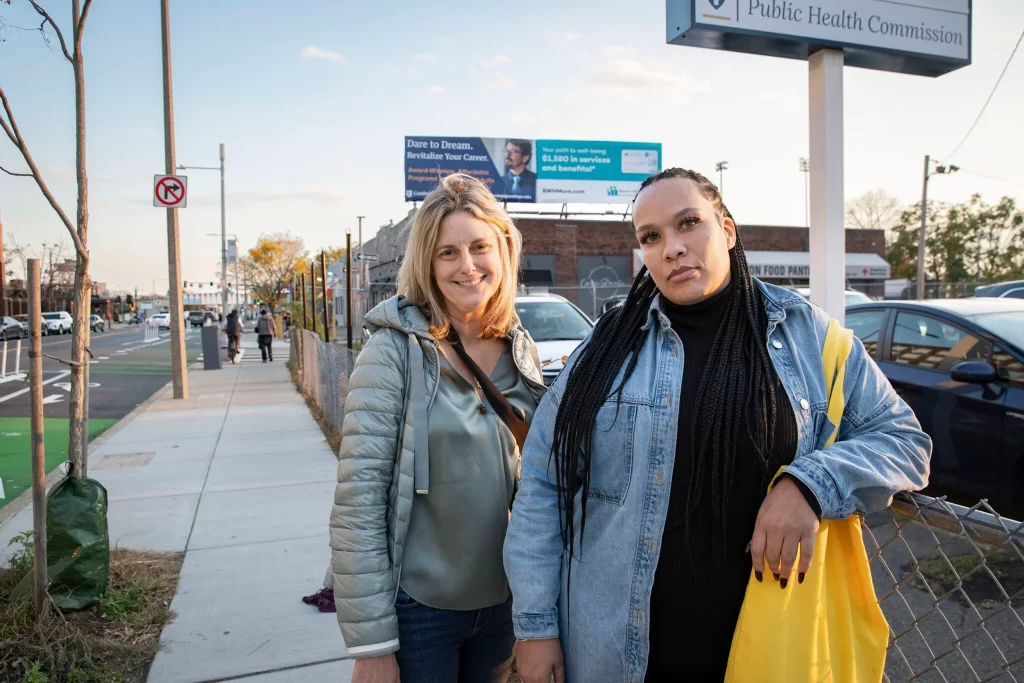Experts cite complexity of problem, which is rooted in poverty, lack of affordable housing but includes medical, psychiatric, substance-use issues
It took seven years for Abigail Judge to see what success looked like for one Boston homeless woman.
The woman had been sex trafficked since she was young, was a drug user, and had been abused, neglected, or exploited in just about every relationship she’d had. If Judge was going to help her, trust had to come first. Everything else — recovery, healing, employment, rejoining society’s mainstream — might be impossible without it. That meant patience despite the daily urgency of the woman’s situation.
“It’s nonlinear. She gets better, stops, gets re-engaged with the trafficker and pulled back into the lifestyle. She does time because she was literally holding the bag of fentanyl for these guys,” said Judge, a psychology instructor at Harvard Medical School whose outreach program, Boston Human Exploitation and Sex Trafficking (HEAT), is supported by Massachusetts General Hospital and the Boston Police Department. “This is someone who’d been initially trafficked as a kid and when I met her was 23 or 24. She turned 30 last year, and now she’s housed, she’s abstinent, she’s on suboxone. And she’s super involved in her community.”
It’s a success story, but one that illustrates some of the difficulties of finding solutions to the nation’s homeless problem. And it’s not a small problem. A December 2023 report by the U.S. Department of Housing and Urban Development said 653,104 Americans experienced homelessness, tallied on a single night in January last year. That figure was the highest since HUD began reporting on the issue to Congress in 2007.

Scholars, healthcare workers, and homeless advocates agree that two major contributing factors are poverty and a lack of affordable housing, both stubbornly intractable societal challenges. But they add that hard-to-treat psychiatric issues and substance-use disorders also often underlie chronic homelessness. All of which explains why those who work with the unhoused refer to what they do as “the long game,” “the long walk,” or “the five-year-plan” as they seek to address the traumas underlying life on the street. READ MORE

